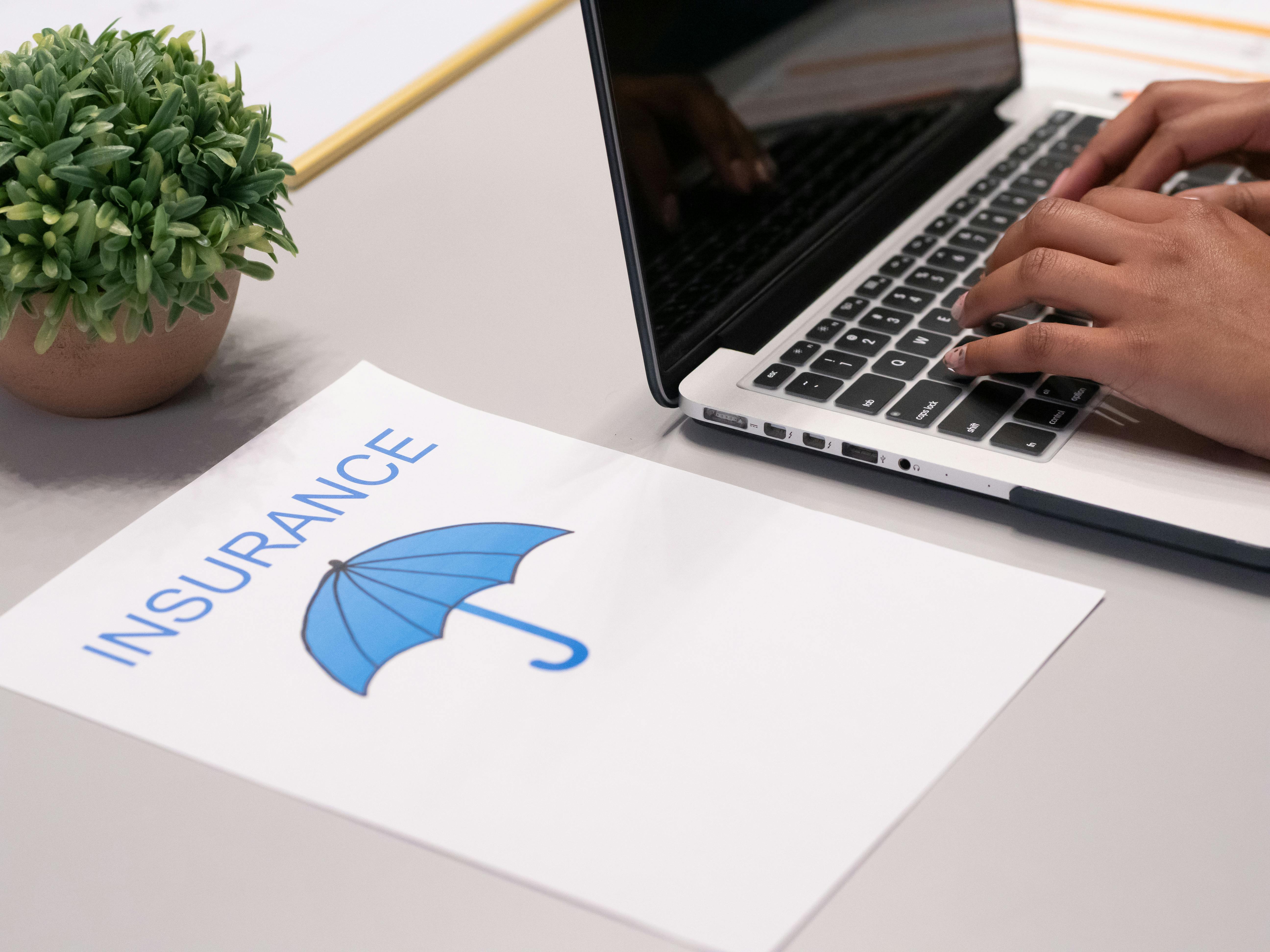
Blockchain in Quality Assurance and Compliance: Transforming Regulatory Frameworks
Blockchain in Quality Assurance and Compliance: A Comprehensive Analysis
The Evolving Landscape of Regulatory Technology
Blockchain technology has emerged as a transformative force in quality assurance and compliance, offering unprecedented transparency, immutability, and efficiency across multiple regulatory environments. As global markets become increasingly complex, traditional compliance mechanisms struggle to keep pace with rapid technological advancements and intricate regulatory requirements.
Regulatory Frameworks and Blockchain Integration
Different jurisdictions have developed unique approaches to blockchain-enabled compliance. In the United States, regulatory bodies like the SEC and CFTC have begun implementing blockchain-based reporting mechanisms. The British Virgin Islands and Cayman Islands have emerged as particularly progressive jurisdictions, creating flexible frameworks that accommodate decentralized technologies while maintaining robust compliance standards.
Global Compliance Protocols
| Jurisdiction | Blockchain Compliance Approach | Regulatory Maturity |
|---|---|---|
| United States | Comprehensive regulatory oversight | High |
| Switzerland | Innovation-friendly framework | Medium-High |
| Liechtenstein | Tokenization-specific legislation | High |
| Cayman Islands | Flexible digital asset regulations | Medium |
Key Blockchain Compliance Protocols
Several leading protocols have distinguished themselves in the blockchain compliance ecosystem:
-
Chainlink Proof of Reserve: Provides real-time audit capabilities for financial institutions, ensuring transparency and accuracy of asset reserves.
-
Comply Advantage: Offers advanced blockchain-based Know Your Customer (KYC) and Anti-Money Laundering (AML) verification systems.
-
OpenZeppelin: Delivers smart contract security and compliance frameworks for decentralized applications.
Technical Implications and Market Analysis
Blockchain technology introduces several critical innovations in quality assurance. Smart contracts enable automated compliance checks, reducing human error and creating immutable audit trails. The decentralized nature of blockchain ensures that compliance records cannot be manipulated, providing unprecedented transparency for regulators and stakeholders.
Market Growth Projections
According to recent market research, the blockchain compliance and RegTech market is projected to grow from $3.2 billion in 2023 to approximately $12.7 billion by 2027, representing a compound annual growth rate of 41.5%.
Technological Challenges and Solutions
Implementing blockchain in quality assurance requires addressing several complex technological challenges. Scalability, interoperability between different blockchain networks, and maintaining data privacy while ensuring transparency remain critical considerations for developers and regulatory technologists.
Future Implications
The convergence of artificial intelligence, machine learning, and blockchain technologies will likely produce even more sophisticated compliance solutions. Predictive compliance models, real-time regulatory monitoring, and automated reporting mechanisms are expected to become standard practices across industries.
RWA.codes: Your Blockchain Compliance Partner
At RWA.codes, we specialize in developing cutting-edge blockchain solutions that address complex compliance challenges. Our expert team offers comprehensive services including blockchain tokenization, regulatory strategy development, and advanced compliance framework design tailored to your specific organizational needs.
Our deep understanding of global regulatory landscapes enables us to create innovative solutions that transform traditional compliance approaches, ensuring your organization remains at the forefront of technological innovation while maintaining stringent regulatory standards.